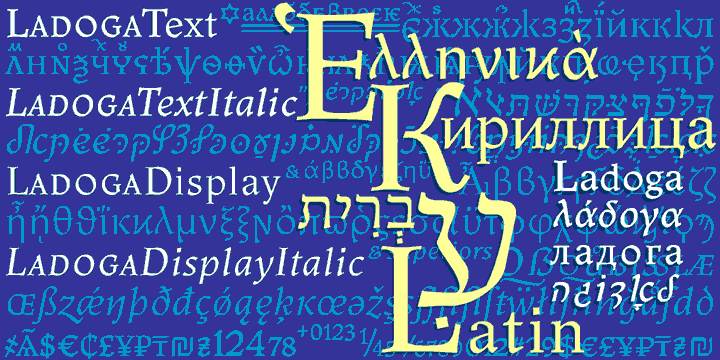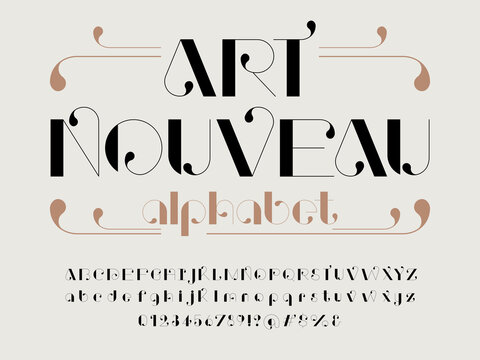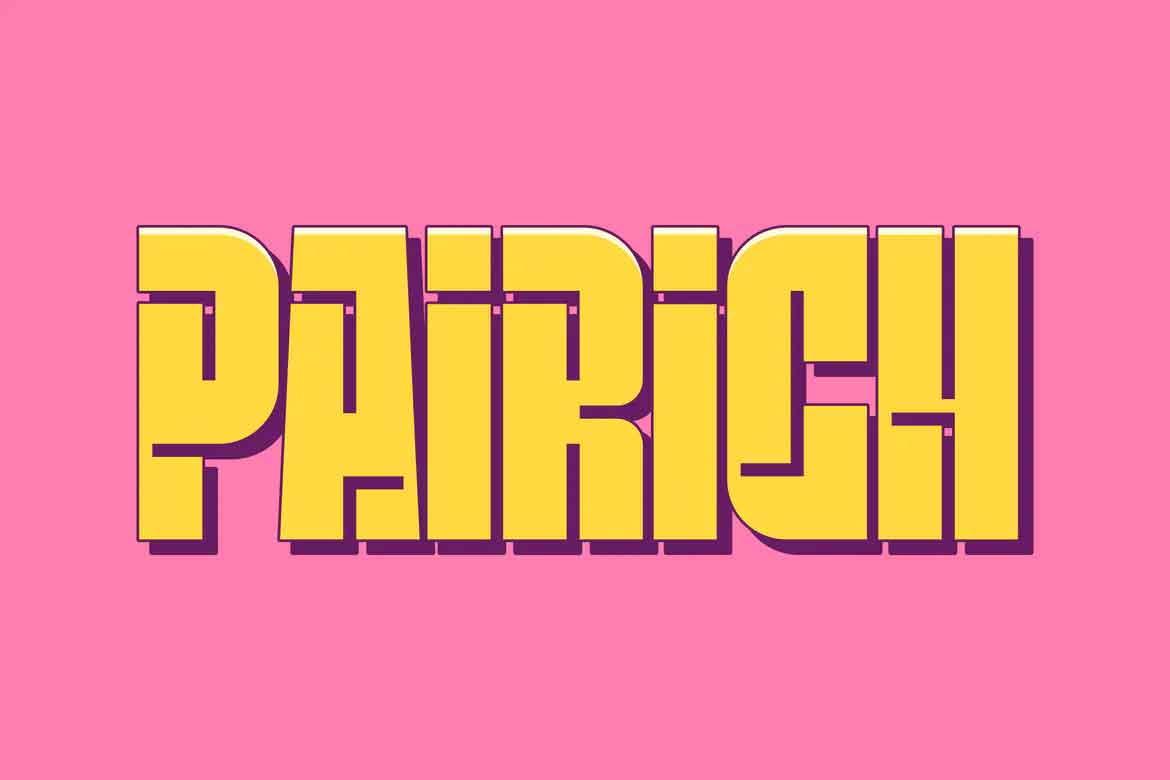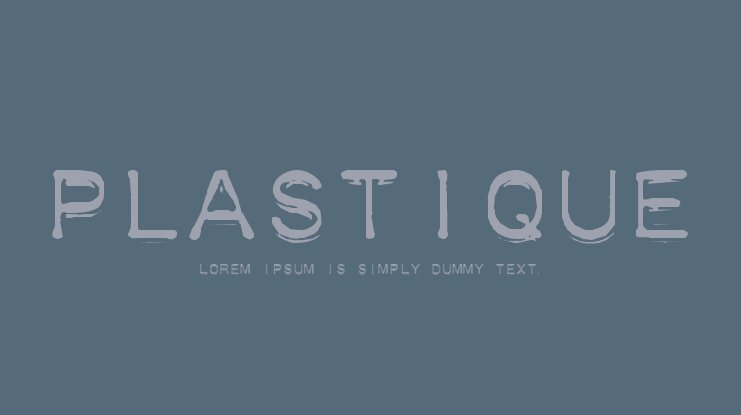
Informacje o czcionce
Zebraliśmy wszystkie najważniejsze informacje o czcionce Ladoga Text. Poniżej znajduje się tabela dotycząca wersji pliku czcionki, licencji, praw autorskich, projektanta i nazwy dostawcy. Informacje są pobierane z pliku czcionki "TTF".
| Nazwa rodziny czcionki | Ladoga Text |
| Nazwa czcionki | LadogaText |
| Nazwa stylu | Regular |
| Identyfikator czcionki | com.myfonts.paratype.ladoga.text-regular.wfkit2.3sHf |
| Wersja czcionki | Version 1.000; Satellite (vk.com/shriftology) |
| Znak towarowy | Ladoga, Ladoga Display, Ladoga Text are the trademarks of the ParaType Inc. |
| Projektant | Viktor Kharyk |
| Projektant link | http://www.paratype.com/help/designers/designer.asp?code=PT_HAR |
| Link do sprzedawcy (dostawcy) | http://www.paratype.com |
| Producent | ParaType Ltd |
| prawa autorskie | Copyright © 2010 ParaType Inc., ParaType Ltd. All rights reserved. |
| Opis | Ladoga -- one of the most beautiful Russian designs from the soviet period. The type family was developed in Polygraphmash in 1968 by Anatoly Shchukin on the base of his own lettering for book covers and titles. It was one of the first attempts in Cyrillic typography to create text face in a style of renaissance antiqua. Stylization to broad pen calligraphy resembles early forms of Latin types that were based on handwritten humanistic minuscule. Unique in its character set digital version of Ladoga was designed by Viktor Kharik on the base of artworks of Shchukin for ParaType. The family consists of roman and italic styles in text and display versions. Character set includes characters of original shapes as well as more modern alternatives. Besides there are a set of additional characters, old style figures and small caps. The fonts cover all modern languages based on Latin and Cyrillic scripts, Greek alphabet (including polytonic extension), Hebrew and historical Cyrillic letters. Ladoga is gorgeous in display sizes and pretty readable in texts. It?s well suitable for fiction literature, historical books, art criticism, religious and philologist works. It will be extreme helpful for multilingual issues and for inclusions into body text historical passages in original orthography. The family was released in 2010. |





Komentarze (0)
Bądź pierwszą osobą, która zostawi komentarz. Twoja opinia jest dla nas ważna. Dziękujemy!
Dodaj komentarz